Sasha West, an associate professor at St. Edward’s University, recently released her second book of poetry titled “How to Abandon Ship,” an exploration of current climate change issues in connection with humanity. West makes an appearance at the Marcia Kinsey Visiting Writers Series later this month to promote the new release.
The writing process for this book was initiated through West’s work with students and discussions in the classroom. While teaching graduate students about public policy, conversations began around climate change, focusing on the increase of climate change denial culture.
“There was just intense denial in the culture,” West said. “It was also the year that the IPCC (Intergovernmental Panel on Climate Change) report that came out from the U.N. (United Nations), it was just devastating. It was sort of a moment where I had just had a baby and I was thinking, ‘This is the world that my child is going to enter, and what does that mean? And how do we talk about it?’”
During the researching process, West began searching relentlessly for answers and was having a difficult time finding them. According to West, everything she found was based on science and laws, making it harder to relate to the human experience. All of the research she conducted ended in statistics and facts, but West was adamant on looking at how humans are living through these changes each day. Coming from an environmental justice angle, she wanted to emphasize the ways people are living through climate change now, and what they may look like for future generations.
“We’ve gotten here, in the way that our culture has given us stories about nature and about ourselves and what our lives should be,” West said. “They’ve led us to this moment, and we really have to sit and sort of look at where we are, and think about ‘how do we want to go forward? Are these the stories that we want to hand down to our children? Are these the stories that we want to live inside of?’”
For West, one of the biggest parts of understanding these issues was putting herself right in the middle of it and examining the role that society is playing in furthering climate change issues. The questions she had weren’t limited to the ways climate change is going to affect younger generations or current ones, but rather how human beings are all involved in the process.
“We just kept running into these moments where the documents that they had for writing reports, or op eds, or, you know, policy memos could not contain the full human sense of what climate change is,” West said. “So, I think I just kept getting to these moments where I was like, ‘how do you say in a one page memo, that we are both victim and perpetrator of this space?’ I started making notes on that, because I felt like this can’t happen in these documents. But poetry can contain multitudes, poetry can be really contradictory.”
The space West was trying to enter in this book was a place that didn’t actually exist in any of the writing she could find about climate change, making the writing process more difficult. She wasn’t just writing about her own experience or something concrete, she was creating new spaces in order to create more understanding for everyone.
“As I was researching this, I just found that there’s so much obfuscation,” West said. “So many people are using language in these indirect and difficult ways that aren’t letting us in. And I knew in this book that I needed to pare back to the very truest thing. In some ways, I felt like I had to reteach myself how to be a writer, that my sense of the line and my sense of sort of what a poem could hold, had to change. And in some ways, that realization was difficult. That’s sort of like, ‘oh, I thought I knew how to write a book.’ And here I am, in my second one, having to reinvent it, you know, reinvent this thing that I thought that I knew. But in some ways, once I figured that out, it also became the thing that was the most fun.”
In the end, her book serves as a call to action for those to look in on how people play a part in these issues and what the future should look like. People have to understand that while they are part of the problem, they are also part of the solution and part of the affected.
“Ending in this idea of this philosophical problem, the Ship of Theseus, where you start from one bank, going somewhere, and a plank is rotten and needs to be replaced, and you replace it,” West said. “And that keeps happening. And by the time you’ve arrived at your destination, every plank in the ship has been replaced. Is it still the same ship? And just thinking if that’s what’s gotten here, all of these tiny actions, how do we rebuild this ship that we are inside of?”
West hopes to continue to develop these ideas into a third book about the possibilities for change. Although society has gotten to a place that feels impossible to get out of, there is a wonderful world of opportunity out there if we start looking now.
“This book is the deep reckoning and grief work, of really seeing where we are, and looking at how the tendrils of climate change are everywhere, and in all of these hierarchies that we’ve set up in our society,” West said. “I felt by the end of the book, really dissatisfied with just grieving that I think one thing I kept finding in all of that research into the real world is that the solutions for climate change are so interesting and beautiful, and there’s so much possibility of this other world that we could have.”


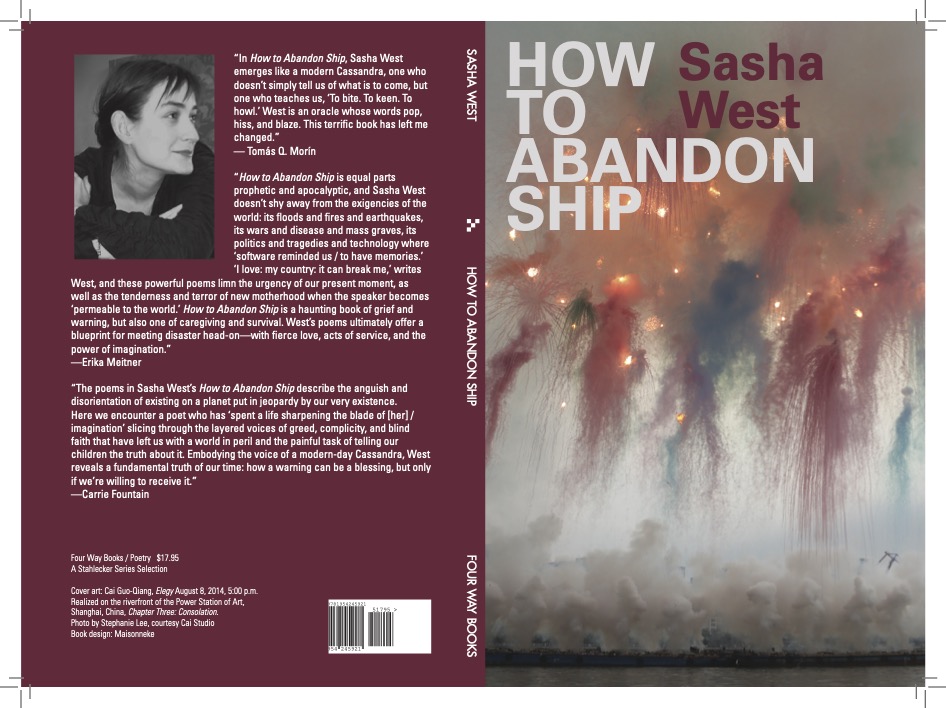

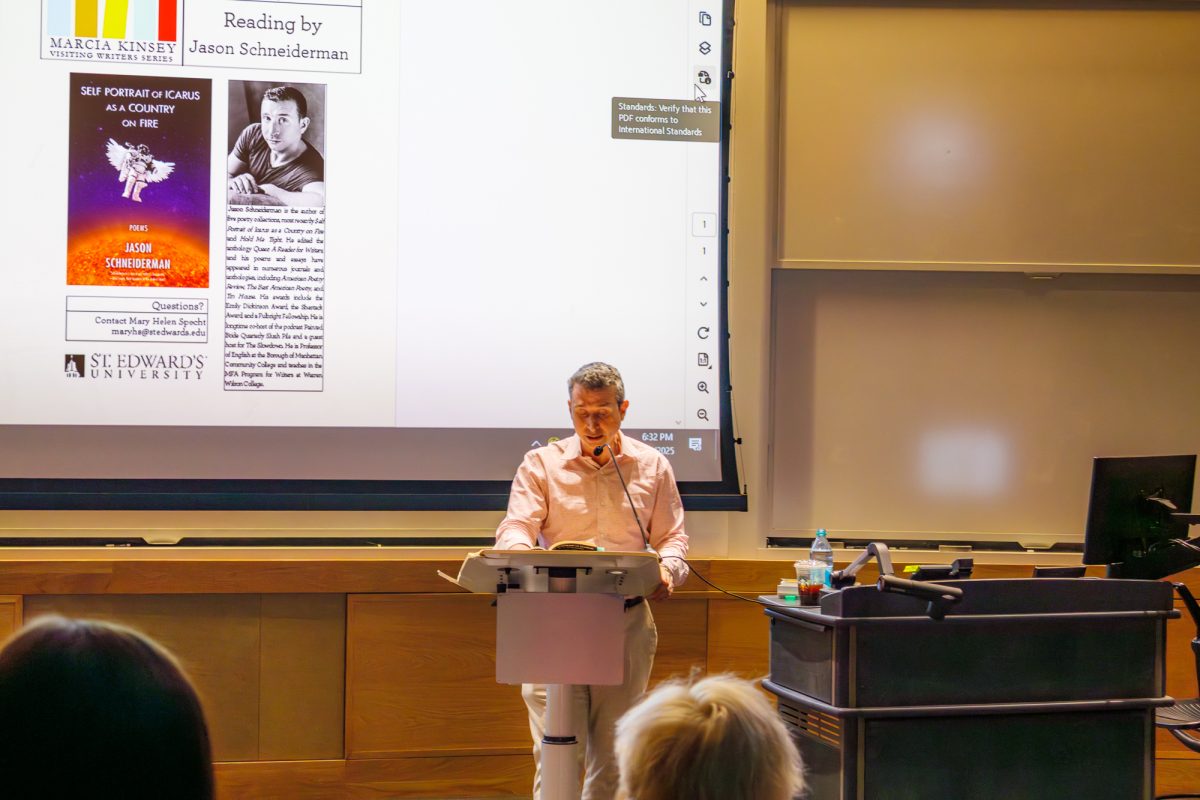

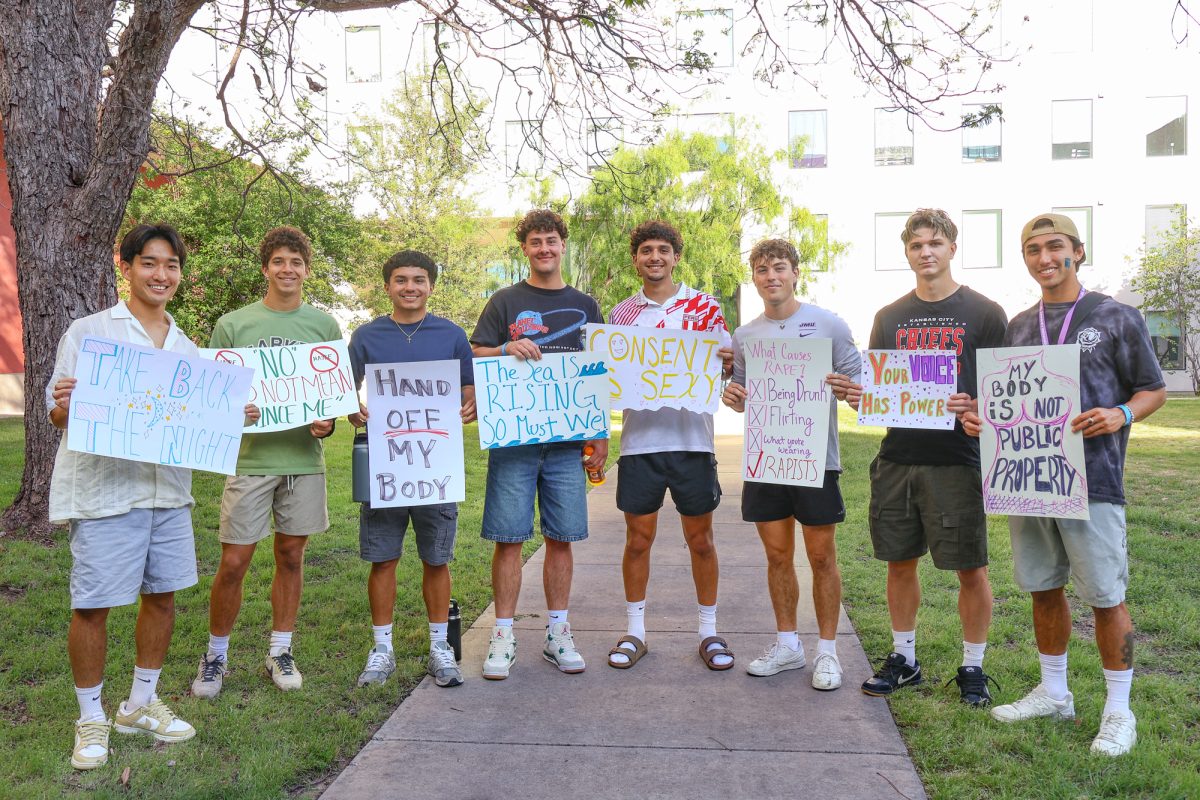
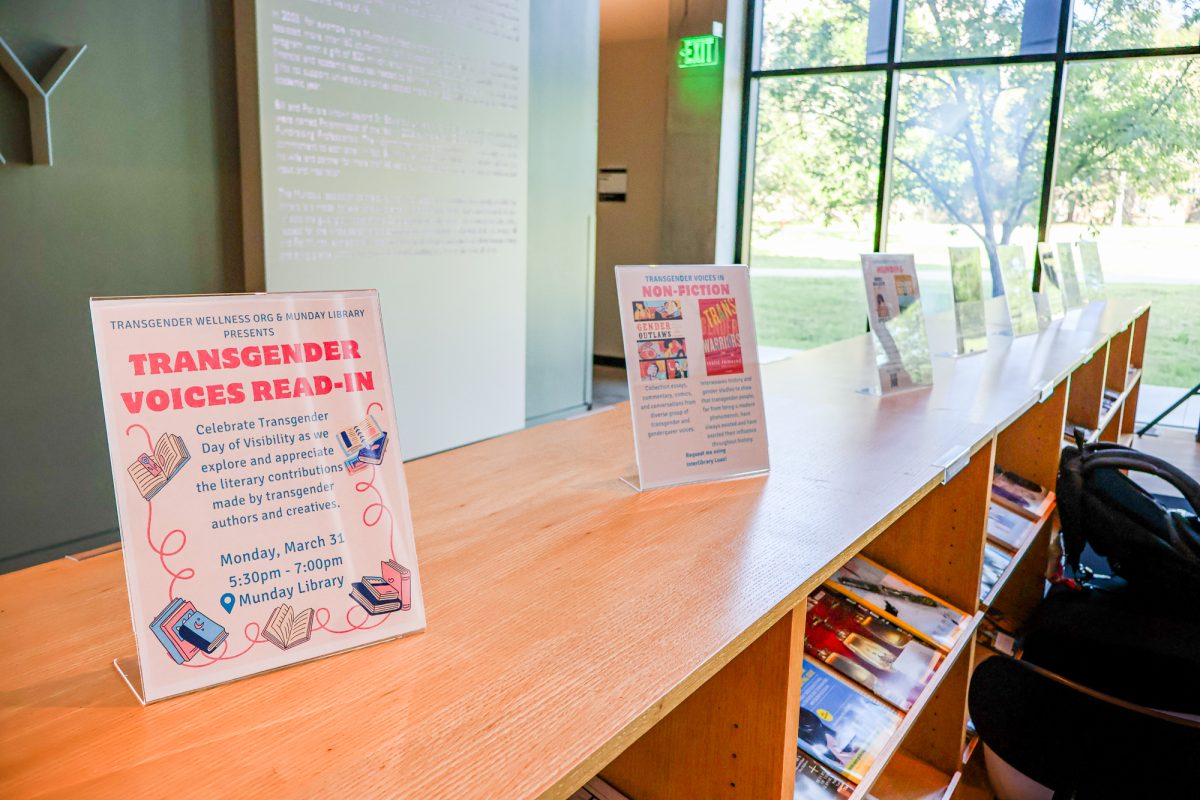
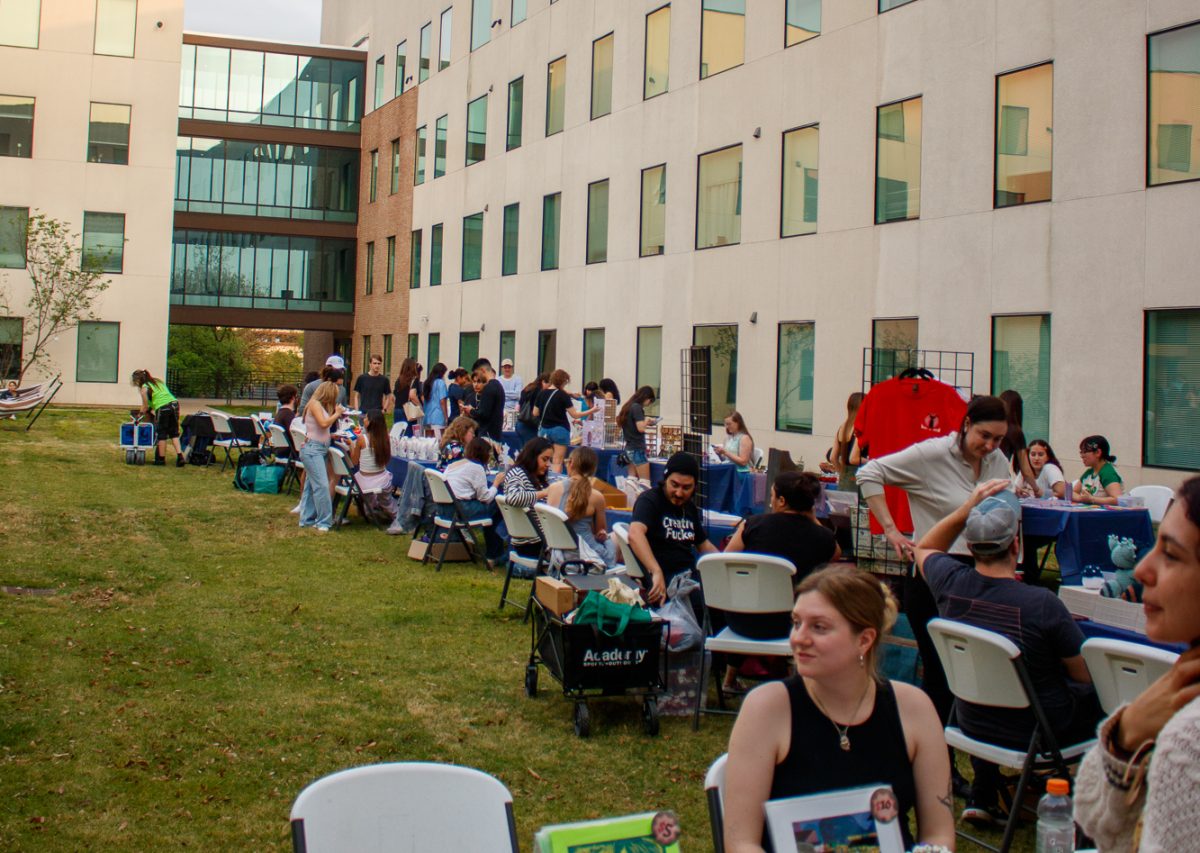
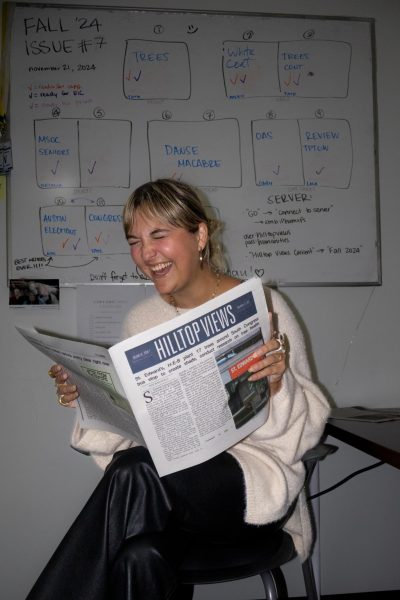
Sienna • Mar 26, 2024 at 2:23 pm
Great story, Lola!